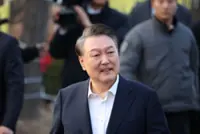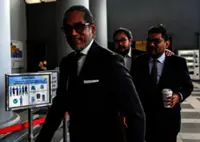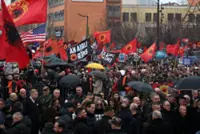‘We must tackle the problem before they become like the Mafia or Yakuza’
KUALA LUMPUR: Criminal gangs are growing more violent, and resorting to social media to recruit members – so harsher and more wide-ranging laws are needed to stop them.
Follow us on our official WhatsApp channel for breaking news alerts and key updates!
Thank you for your report!





